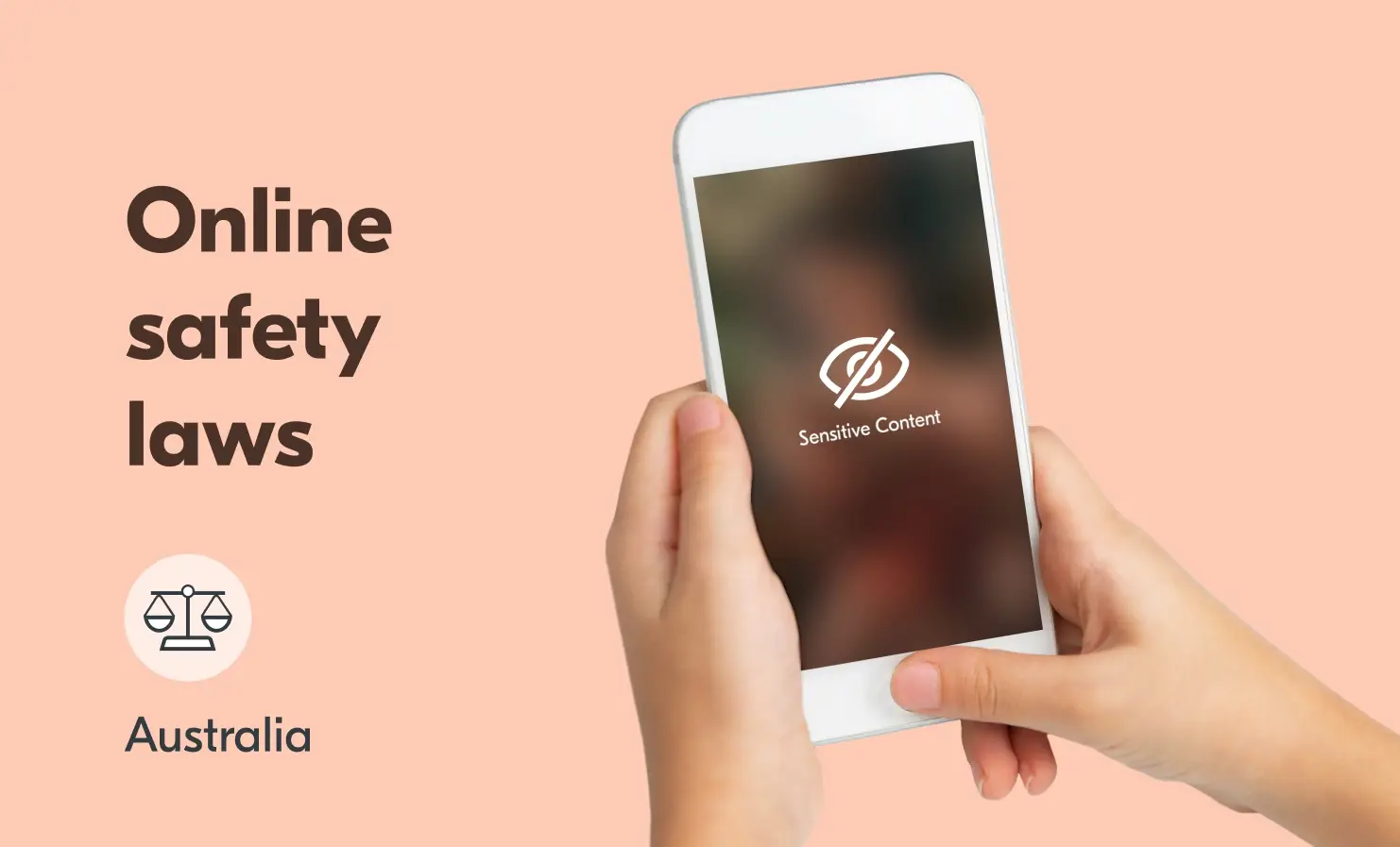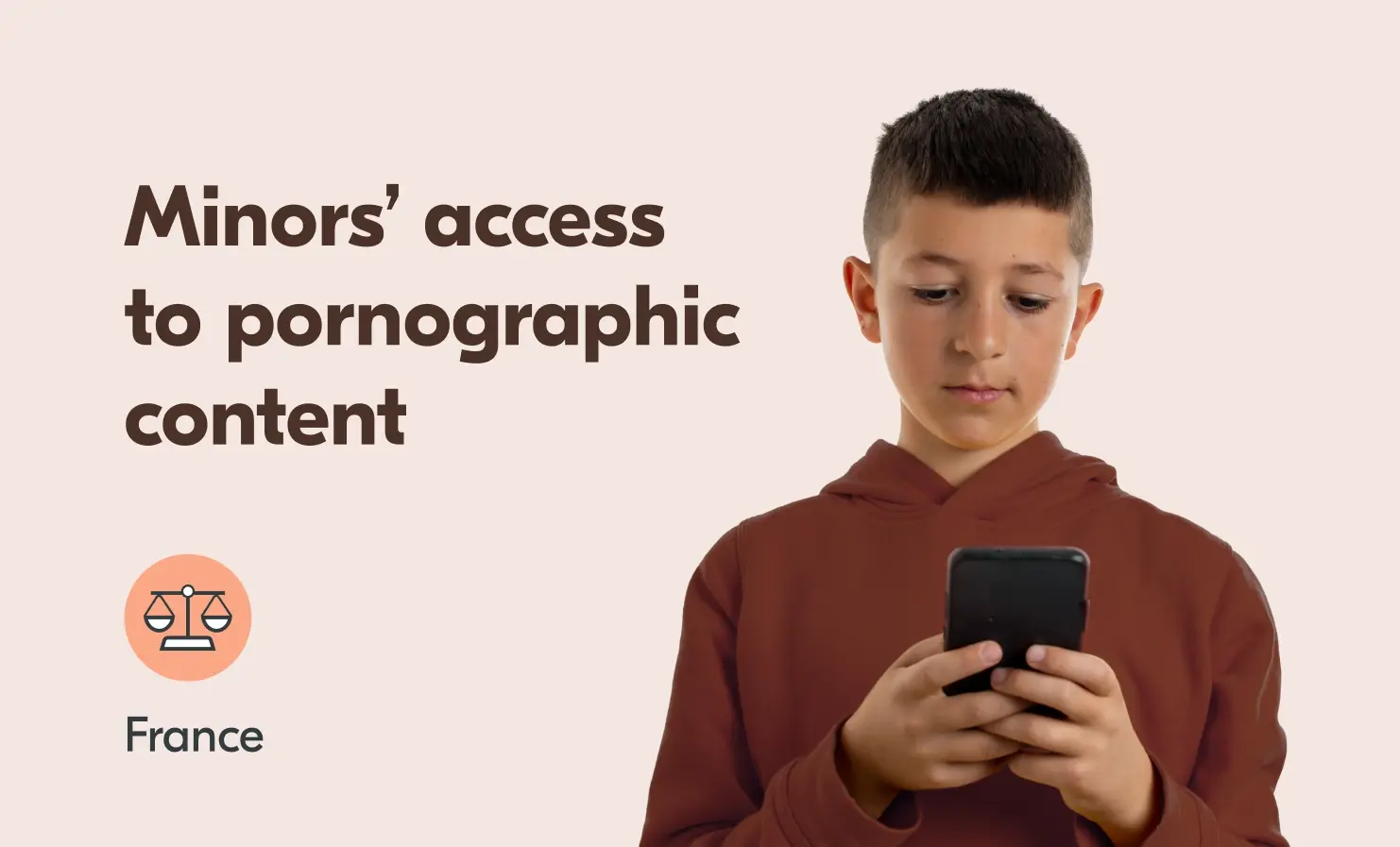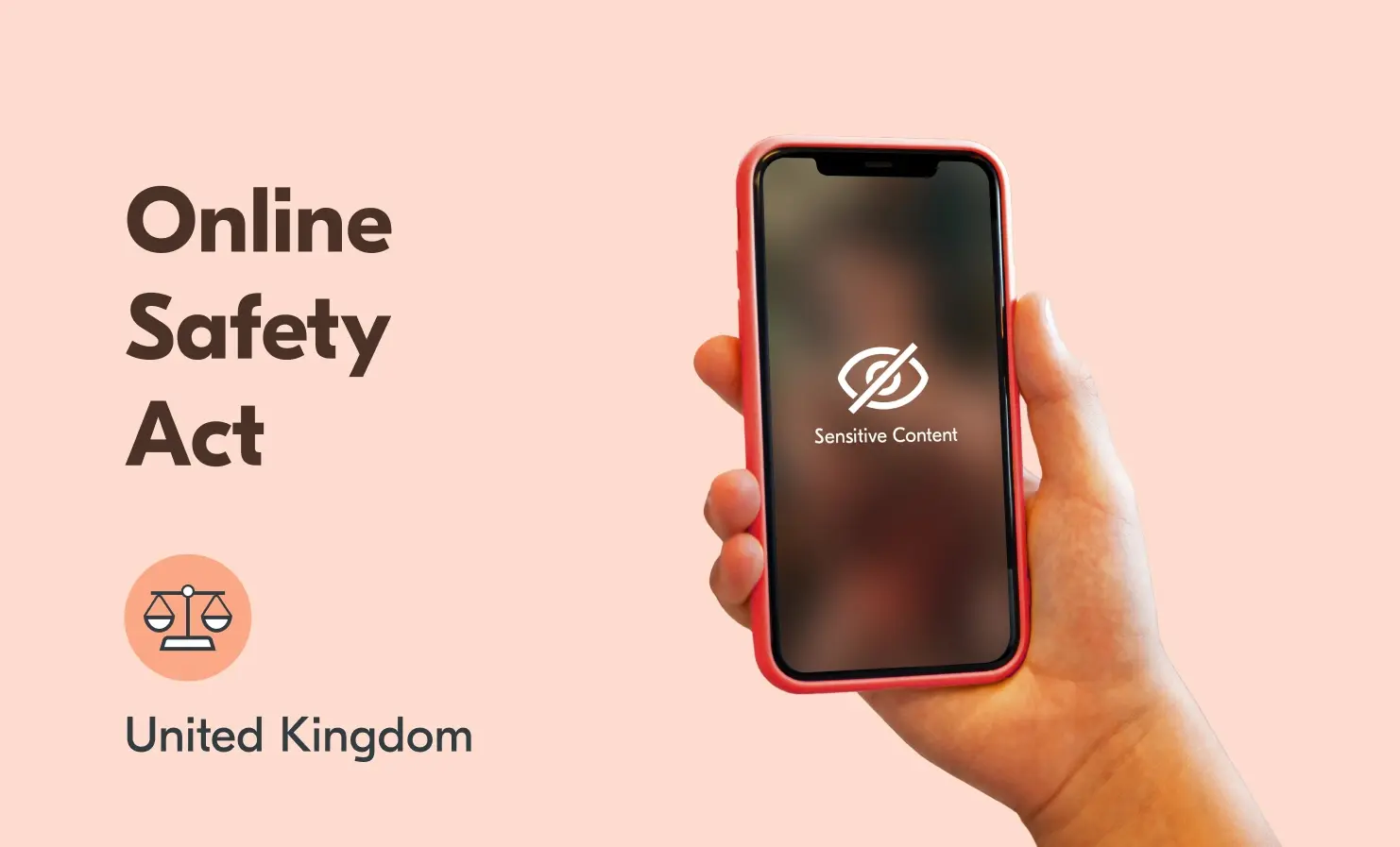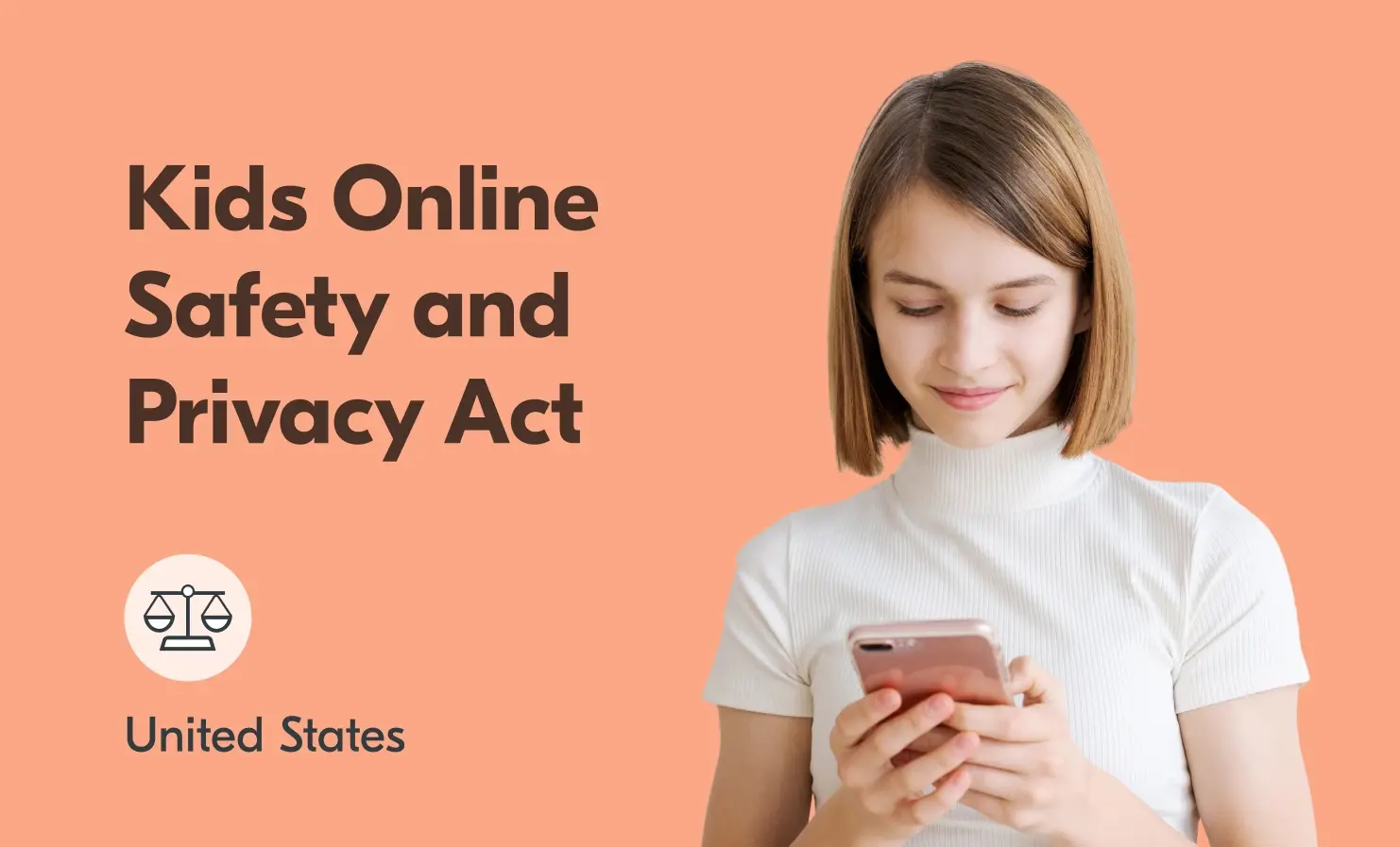Regulation
Yoti responds to Ofcom’s final guidance on highly effective age assurance for Part 5 pornography providers
Ofcom has published the final guidance on highly effective age assurance for (Part 5) providers of pornography, under the Online Safety Act. There are a lot of good principles and effective guidance to ensure children are protected online and there is a clear deadline of July 2025 for all sites (be that pornography sites or social media platforms which allow pornography) to have age verification in place to prevent children from accessing adult content. We are pleased to see that Ofcom has listed several popular age assurance methods, such as facial age estimation, Digital ID wallets, and document verification,
Navigating Australia’s online safety laws
As the digital landscape continues to evolve, regulators are prioritising online safety. Countries around the world are introducing new legislation that aims to protect people online and create safer, age-appropriate experiences. What’s the current state of online safety legislation in Australia? As the internet has become a central part of daily life, Australia’s approach to online safety has evolved over time. Online safety laws were initially more reactive, focused on specific issues such as cyberbullying and child exploitation. However, over the past decade, legislation has become more comprehensive. New laws aim to prevent harm and promote a safer
French regulator Arcom introduces age checks for online adult content
In October 2024, Arcom, the French regulator responsible for online porn, announced that adult operators and platforms with pornographic content need to introduce age checks, ensuring only adults can access the content. These rules are effective from 11th January 2025. There will be a three month transitional period, where temporary methods like bank card verification can be used as a preliminary age filter, but they must include strong authentication to ensure that the user is the cardholder. After the transitional period ends on 11 April 2025, adult site operators will need to have taken the following steps: Age checks
Understanding age assurance in the Online Safety Act
The Online Safety Act 2023 is a piece of UK legislation that aims to protect children and adults online. It covers a wide range of issues including minimising the risk of children seeing harmful and age-inappropriate content, removing illegal content like child sexual abuse material (CSAM), criminalising fraudulent and scam ads, and introducing age verification for certain online services. This blog looks at some of the age requirements in the Online Safety Act and what this means for tech companies, adult sites, gaming companies, social media platforms and dating sites. What is the purpose of the Online Safety
Welcoming the new Regulatory Innovation Office
This week, the UK Government announced the creation of the new Regulatory Innovation Office – a move we welcome here at Yoti. Bringing new tech to market is often slowed down, or even blocked, due to outdated regulations or a lack of existing bodies to help support and facilitate the introduction of the new technology or co-ordinate its joint recognition. Recognising that this is a barrier to innovation, the Government will introduce the Regulatory Innovation Office (RIO). The Regulatory Innovation Office will sit under the Department for Science, Innovation and Technology (DSIT). It aims to help regulators facilitate economic
Understanding the Kids Online Safety and Privacy Act (KOSPA)
Update: As of 6th January 2025, KOSPA has not been enacted into law in the United States. Despite being passed by the Senate with overwhelming support, the Bill has stalled and is currently inactive. To become law, KOSPA needs to be reintroduced to the new Congress and go through the legislative process again. ***** From the UK’s Online Safety Act to Europe’s Digital Services Act, we’re in an era of increasing online safety regulation. In the US, the Kids Online Safety and Privacy Act (KOSPA) is a landmark piece of legislation, first introduced in Congress to 2022. KOSPA is






